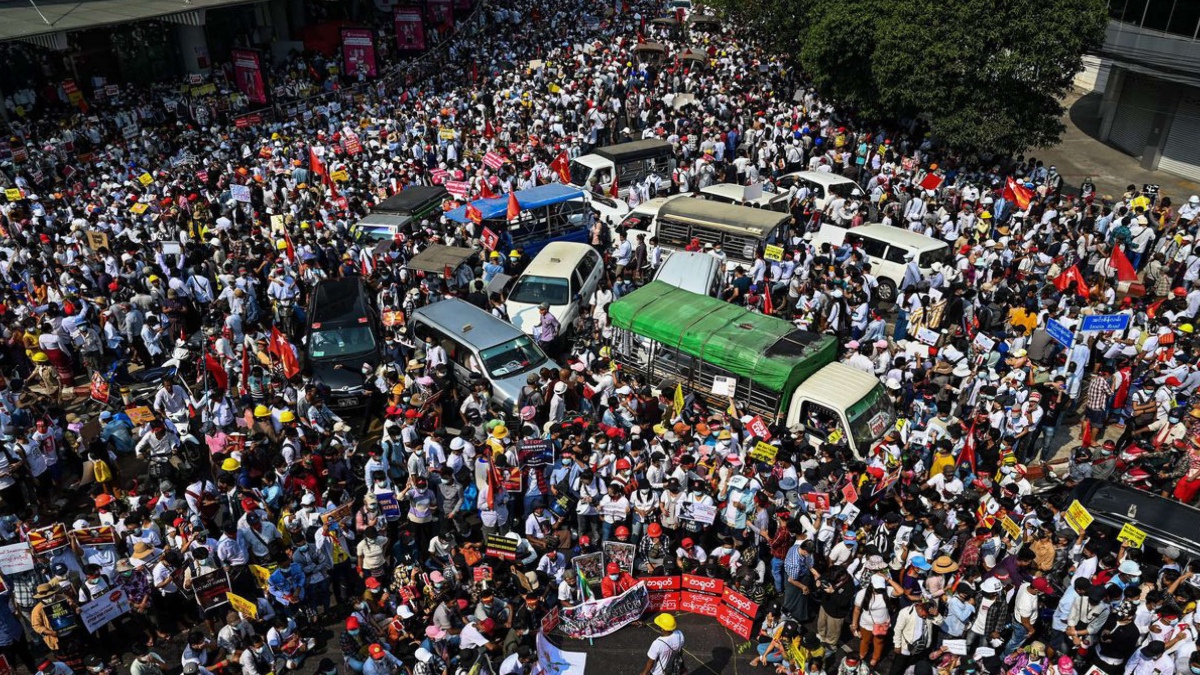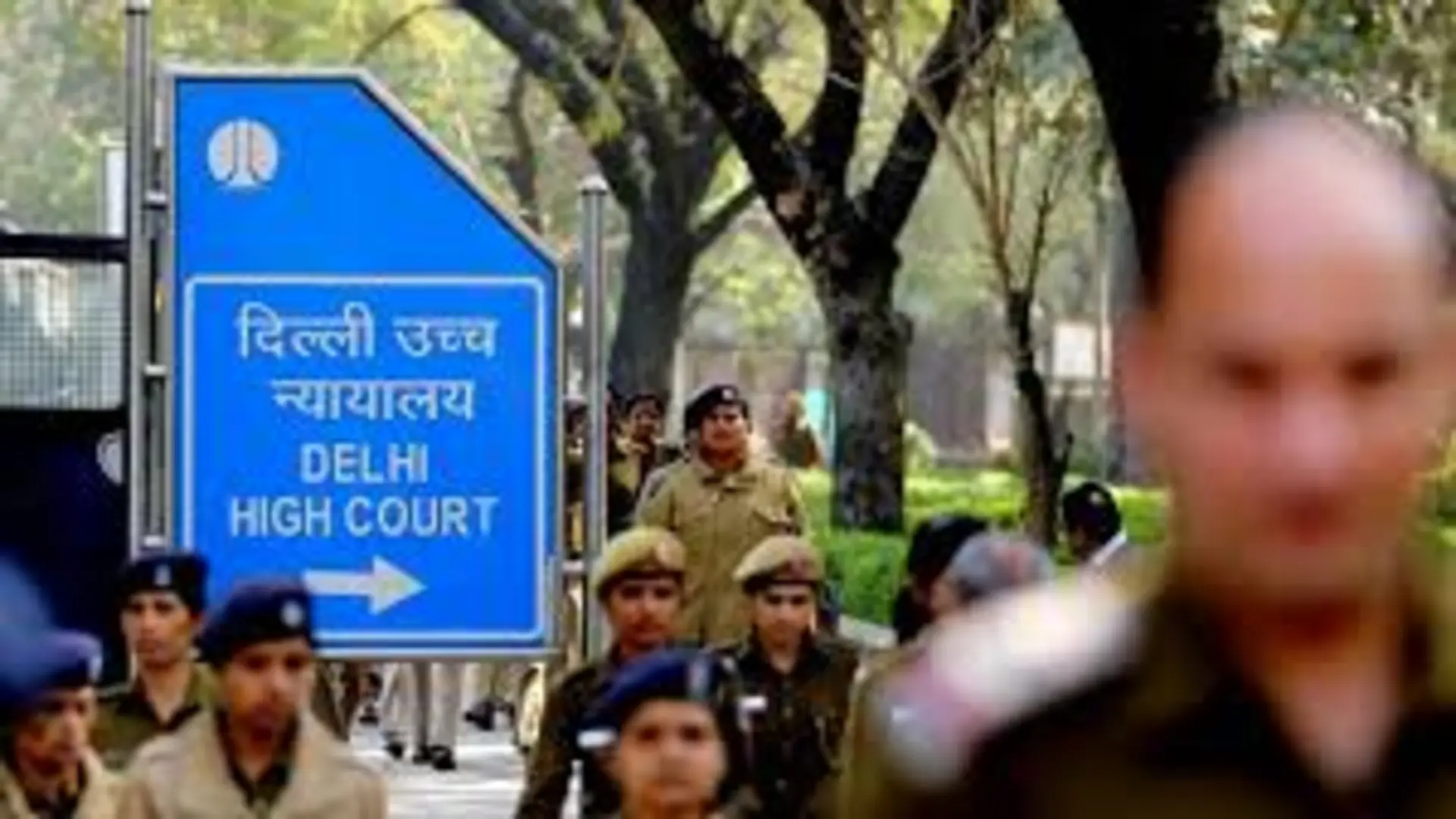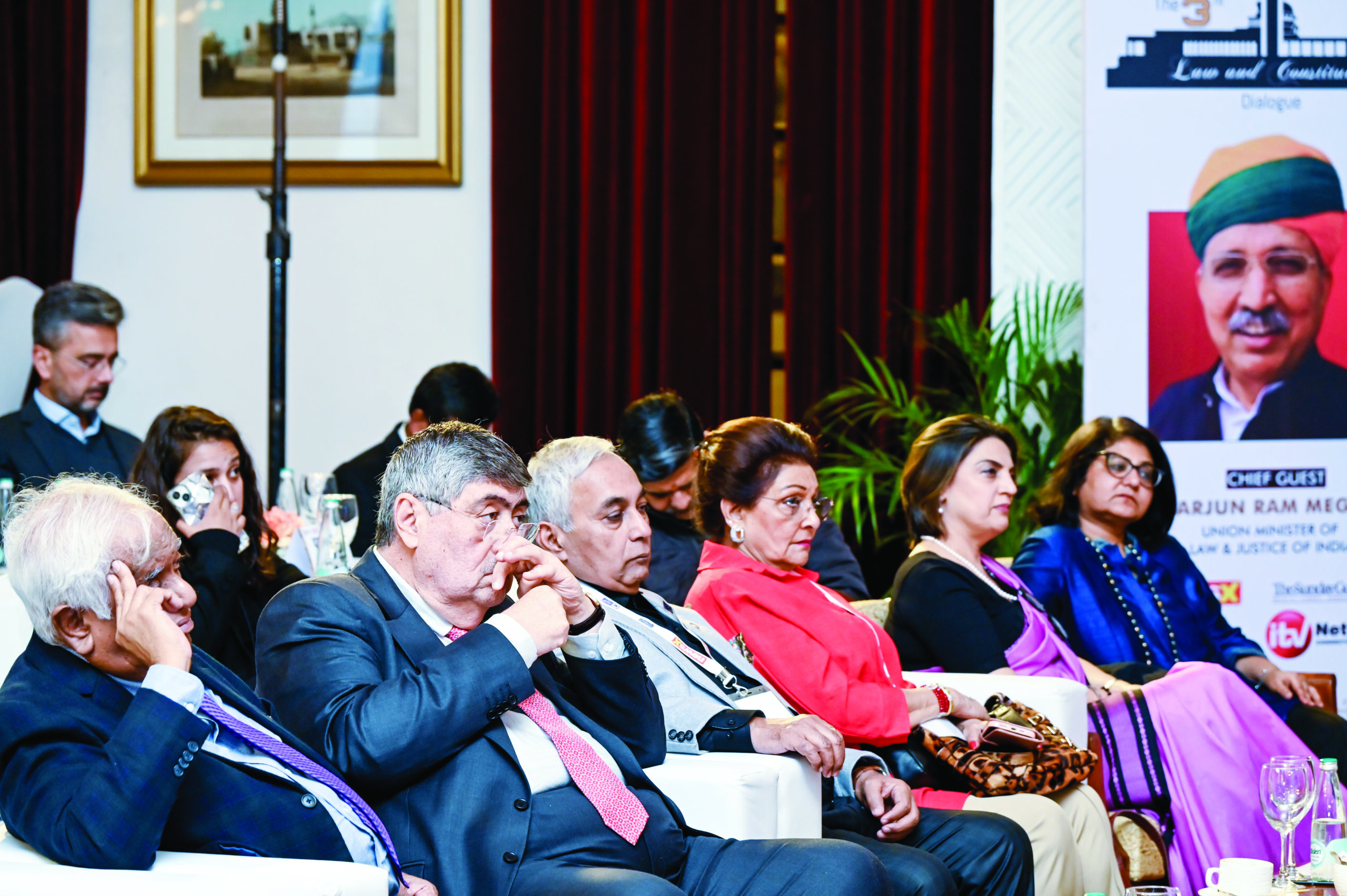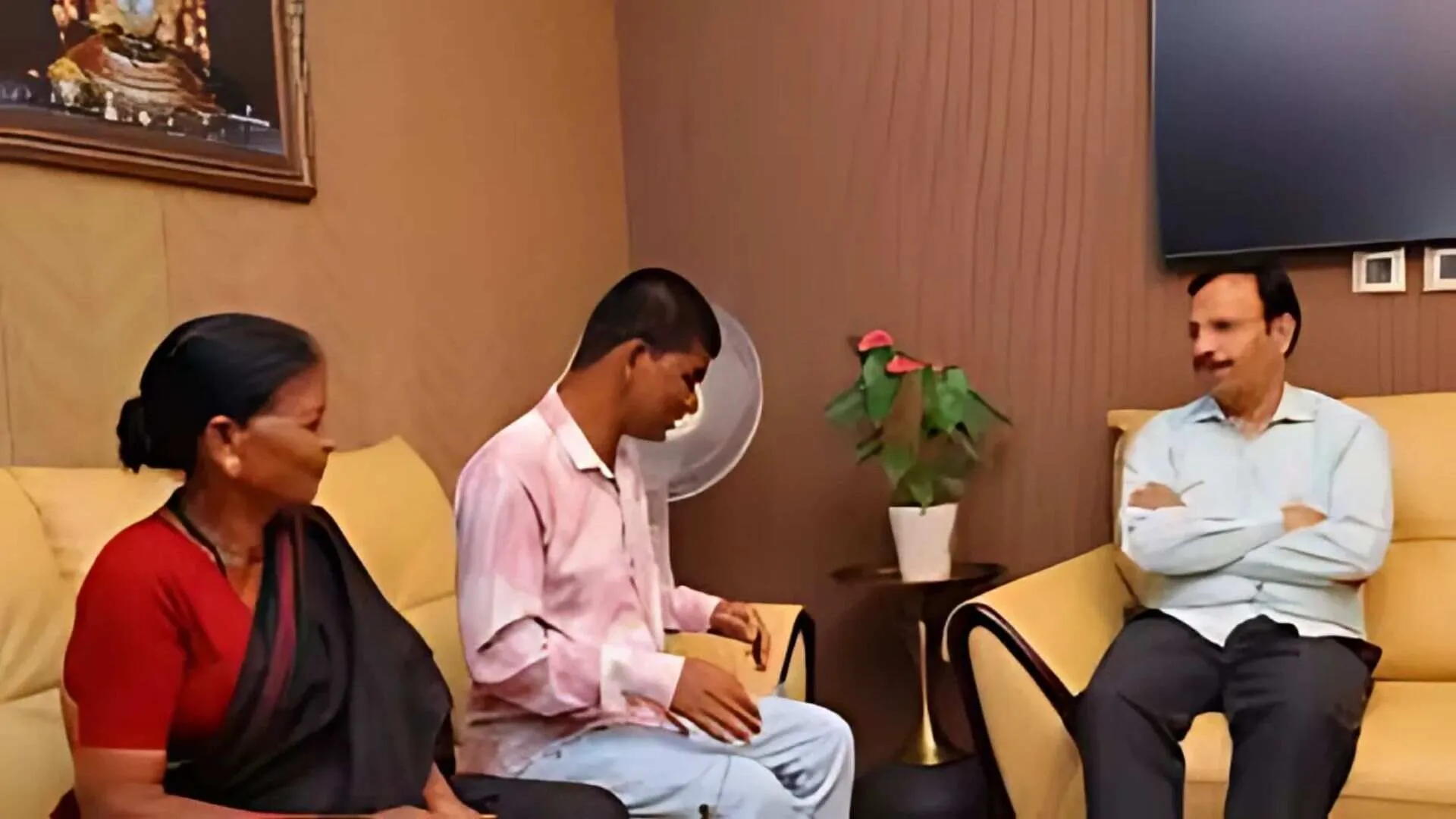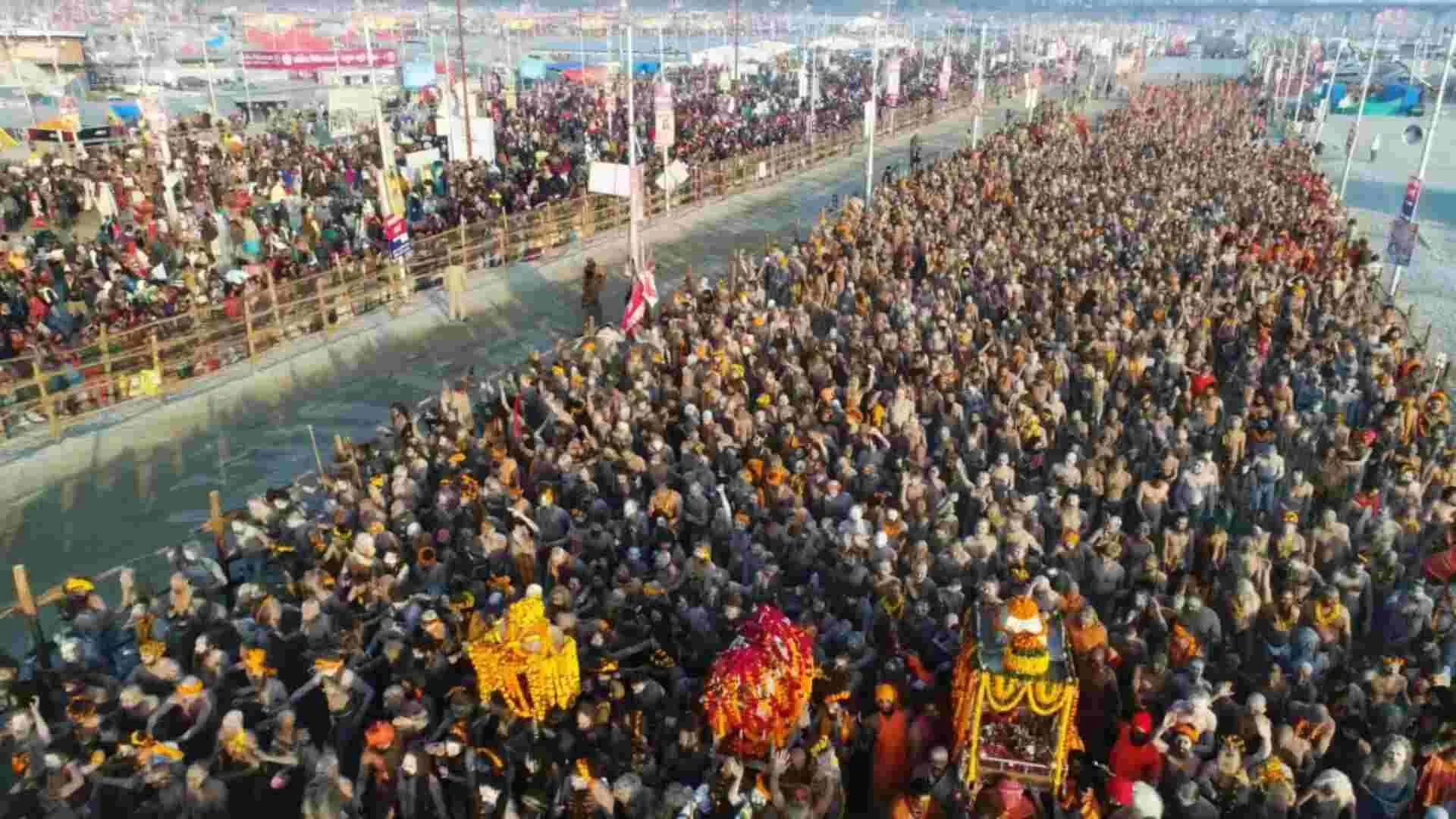“To Deny People Their Human Rights is to Challenge Their Very Humanity.”
-Nelson Mandela
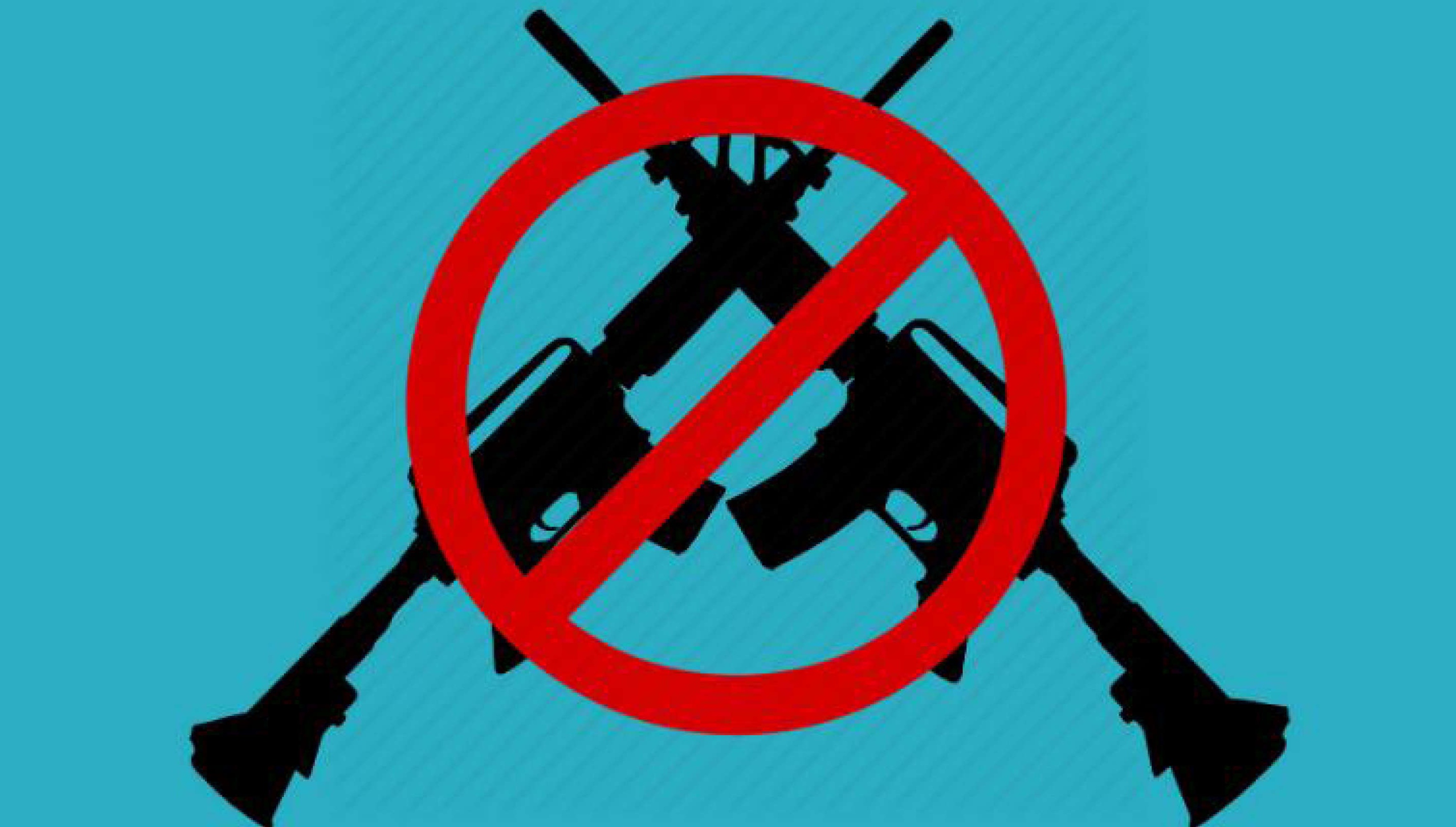
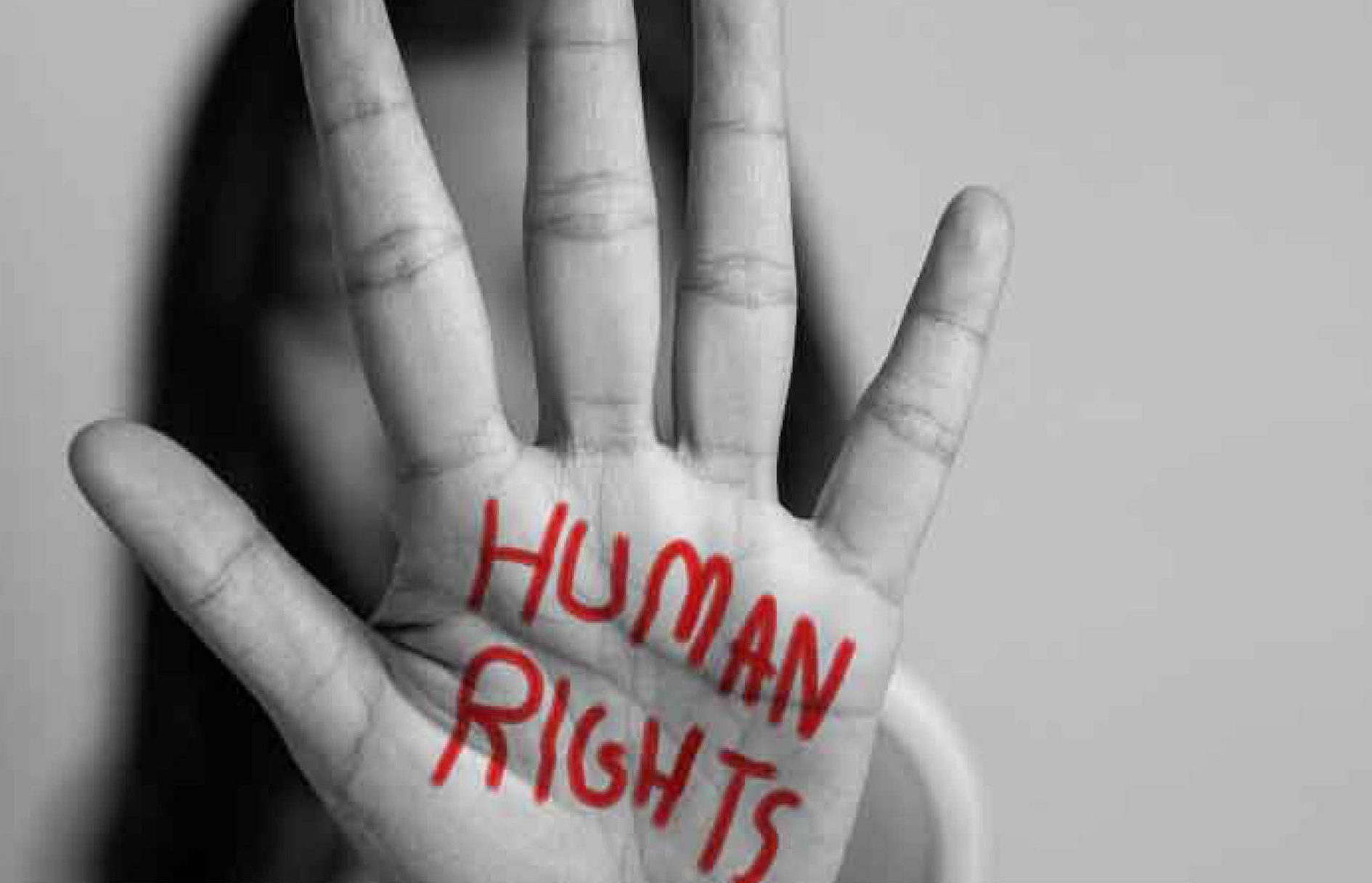
Human Rights ensure the very virtue of any individual’s survival and a violation of these rights can be intimidating for citizens of a Country. The United Nations defines Human Rights as the “Right to freedom of opinion & expression, including the freedom to hold opinions without an inference and to seek, receive and impart information & philosophies via any media of their choice.” These rights are inherent to all human beings and aims to preserve their dignity, irrespective of their age, caste, religion, location, ethnicity or any status whatsoever. Human dignity implies that every human being is uniquely valuable and therefore shall be given highest respect and care . But the question arises, when these inalienable rights are overlooked to enact anti-terrorism laws. Terrorism has penetrated deep into our lives and can be traced back to the 26/11 attacks of 2008 or Series of bombing in 1993, which killed as many as 257 people. The reason behind such activities has varied from religious beliefs and difference of opinions to poverty and unemployment.
It is important that while enacting the anti-terrorism laws the enactment should not be done at the cost of human rights. There should be a balance between individual liberty and sovereignty of the country. In India, the following Anti-terrorism laws are in force:
1. UNLAWFUL ACTIVITIES (PREVENTION) ACT, 1967: The aim of this statute is to deal with the challenges possessed by terrorist activities on the territorial integrity of the country. According to the recent amendment , now the government can also label individuals as terrorists, without judicial scrutiny, if they have a reasonable reason to believe so. Earlier, it was only limited to organisations and groups only.
2. SECTION 121-127, INDIAN PENAL CODE : These provisions deals with the definitions and punishments of waging war against the government of India.
The only law which exclusively regulates the Anti-terrorism machinery in India is the UAPA, 1967, which has been amended several times since its enactment. In India, the National Security Guard is the counter-terrorism authority responsible for combating terrorist activities & protection of state against any Internal Disturbances. This Unit was set up by the Ministry of Home Affairs (MHA) is 1986 through the National Security Guard Act, 1986. However, this body had certain shortcomings. According to the Observer Research foundation , as many as 26 warnings were passed to the Mumbai Police between 2006-2008 about a possible attack. However, the lack of coordination between the agencies led to the 4-day long attack of 26/11. At this point, a need for a more efficient body, National Centre Terrorism Centre for India was felt to coordinate the anti-terrorism efforts of the Union and the State . It was proposed that this agency will function under the IB and would analyse the intelligence related to terrorism and associated criminality, maintain necessary databases; develop appropriate responses & also undertake threat assessments from the governments at both levels: Union and the State . However, this agency has not been constituted yet and is being ruled out by the centre.
The National Investigation Agency was Constituted by the MHA, Government of India in 2009 through the National Investment Agency Act of 2008. This unit has been successful in arresting several Individual Terrorists and arrested over 20 persons involved in terrorist activities under the Jamaat-ul-Mujahideen (a terrorist organisation from Bangladesh). It has also been active against the terror in J&K and filed a charge sheet against 12 people who were allegedly working with the Lashkar-e-Taiba terror group.
Prima facie, it appears that Terrorism and Human Rights cross each other directly, but on an in-depth analysis, it is found that terrorism is a combined outcome of social, economic and political injustice coupled with deprivation of civil rights. The very aim of terrorist activities is the destruction of Human Rights (enshrined in Article 21 of the Indian Constitution ). It results in a direct interference with the enjoyment of rights, including right to life (Article 21), Right to freedom of liberty and Physical Integrity. Apart from this, it also disturbs the public peace, government functionality and possesses great threat to the economic and social development of the society.
HOW ARE THE COUNTER-TERRORISM LAWS VIOLATING THE HUMAN RIGHTS?
The TADA Act and POTA Act have now been repealed after being challenged and were replaced by the strengthen Unlawful Activities (prevention) Act, 1967 via various amendments. However, there are various provisions which are still believed to be violative of Human Rights.
The concerns relating to the Indian counter-terrorism laws are:
1. Vague and broad definition of terrorist: The Indian National Security Guard Act under Section 2(y) defines the term ’terrorist’, which can also include a political protest by minority population or a non-violent political activity.
2. Detention without charge of up to 180 days (including up to 30 days in police custody)
3. Creation of presumption of guilt of a terrorist activity merely on grounds of inculpatory evidence without the presence of criminal intent.
4. Using of secret witnesses and in-camera holdings in special courts established through the counter-terrorism laws.
5. The latest amendment to the Unlawful Activities Prevention Act in 2019 has broadened the ambit of the term terrorist and mere expression of thoughts can now also be construed as a terrorist activity.
6. The Unlawful Activities (Prevention) Amendment Act, 2019 allows an individual to be tagged as a terrorist without any judicial scrutiny. Two petitions have been filed, namely, Sajal Awasthi v. Union of India & Association for Protection of Civil Rights v. Union of India in the court. These petitions challenged the amendment act on the ground of it being violative of the Right to Equality (Article 14), Freedom of Speech and Expression (Article 19) and Right to Life (Article 21) enshrined by the Indian Constitution.
7. Several Individuals have been arrested from the crowd of CAA Protests (March, 2020) on ground of participating in a “terrorist activity” and have been detained in police custody ever since. Due to the Pandemic, the proceedings against them have not been initiated and they are not allowed to furnish bail. This is clear violation of Article 21 .
THE WAY FORWARD
India has continued to face serious terrorist attacks. The present methods have failed and are not as effective as they need to be. It is high-time that the Indian Government works towards protection of human rights and long-term security. The Union of India has not yet filed a reply in furtherance of the challenge against the 2019 amendment.
The following recommendations are proposed to the Central Authority to balance the counter-terrorism laws with the Human Rights:
1. Revision of definition of “terrorism” and make it in consistent with the UN Special rapporteur on the promotion and Protection of Basic Human Rights while countering Terrorism.
2. Specify a review process after which an organisation or gang can be listed as a terrorist organisation
3. Amend the NIA Act to eliminate the blanket powers of Special Courts with regard to closed proceeding.
4. We also know that the “presumption of innocence until proven guilty ” is a fundamental human right (subject to exceptions). On the other hand, the concept of ‘presumed guilt’ allows to list an individual as a terrorist as without the presence of intention but purely on the basis on material evidence. This automatically shifts the burden of proof on the accused to prove that there was no such intent. Thus, there is a need to amend the act in order to prevent wrongful detentions and conviction.
5. Improve the available mechanism to enable the citizens to seek redressal against government under officials for violation human rights.
CONCLUSION
After a detailed study of the history anti-terrorism law and how they have impacted the human rights, it can be said that while it is important to counter terrorists and terrorist activities, we must not forget the importance of Human Rights. They are basic yet fundamental to the survival of human beings. These rights are not to be taken away even during emergencies, and therefore, must also be protected from such violation at all costs. The Apex Court in the case of Arup Bhuyan vs State of Assam, it was observed that merely being a member of a banned organisation does not make a person criminally liable unless they resort to violence or incites people to violence or disturbs public order by way of violence or incitement to violence. The same has be reiterated by the Court in Sri Indra Das vs State of Assam, whereby it was observed that the literal interpretation of Section 10 , UAPA and Section 3(5) of TADA, A person who is a part of a banned organisation is a criminal. This is not in accordance of the Human Rights. The way forward is to evolve and have a legislation which combats the terrorists without infringing the rights of a human being.

